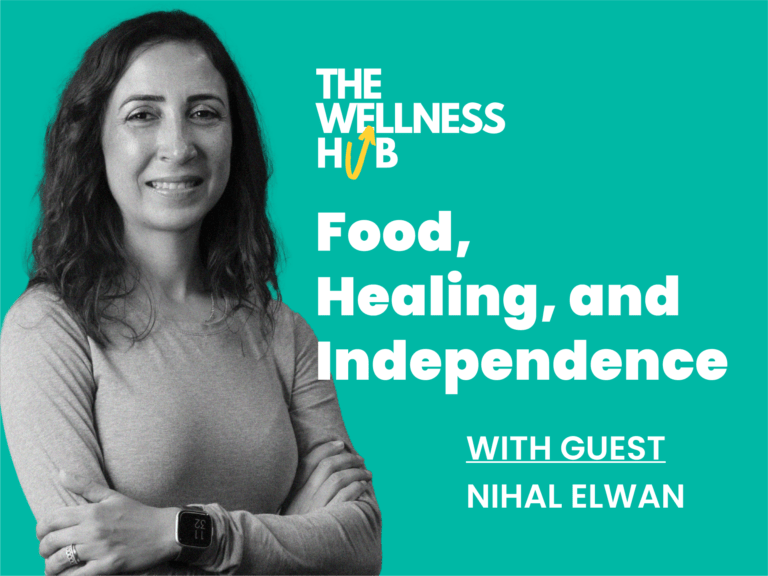Modern science is taking a large interest in the science behind meditation and its physiological, psychological, and social effects, but the practice of meditation is not new by any means. Meditative practices have an ancient history and are rooted in different cultural traditions dating back to early Hinduism, Buddhism, and other eastern traditions. The effects of these practices have been studied and well understood far before modern science took an interest in them. As practitioners, it is important for us to acknowledge and respect the deep-rooted tradition behind these practices that are now entering the mainstream of the wellness world in the west.
Meditation is a simple yet deceivingly challenging practice, but making it a part of your self-care routine can bring incredible benefits to your physical and mental health, relationships, work, and overall quality of life. Read on to learn about some of the benefits of meditation and why you should start practicing NOW!
One of the major claims of the benefits of meditation is stress reduction, and in a world where we are constantly pressing for time, overworked, and flooded with never-ending tasks, stress seems to be a chronic epidemic that affects almost everyone. So let’s talk about stress for a minute.
How Stress Works
Stress reactions are fundamental to survival. The physiological response to stress is what can keep us alive in a life or death situation. We evolved to have these responses as part of our instinctive nature so that we had a better chance of survival when we encountered threats like predators. Granted, if you are reading this you are most likely not at risk of being attacked by a lion on a day to day, so why would your stress levels be so high?

Our bodies cannot differentiate between real threat and perceived threat. The physiological response to the fear of a potential threat is basically the same as the response to a real threat, so our bodies may undergo the same processes whether we are being chased by a lion or concerned about not being able to meet that important deadline or pay that loan. The difference between these scenarios is that in the hypothetical lion chase, once you’ve escaped safely your body resets to its normal functions, but with all the constant pressures and stresses of modern life we are very prone to life on fight or flight mode almost everyday.
So what is the risk of chronic stress?
To keep this explanation short we will focus on cortisol for now.
Cortisol is a hormone secreted by the adrenal glands once the amygdala (the brain’s area responsible for fear and emotional processing) sends the alert system of a threatening situation. This important hormone is in charge of maintaining the body fit for fight or flight situations. When there is a threat or stressor cortisol enhances the body’s ability to use glucose to keep sustained energy in order to flee from, or fight whatever threat is coming. This is good, it keeps us alive! But it is not a system designed to be permanent.
In the attempt to conserve energy for the very essential task of survival, cortisol also shuts down any non-essential processes that take up energy needed for immediate survival. These include immune, digestive, reproductive, and growth processes. Under ideal circumstances, when cortisol lowers after the threat is no longer present, all of these systems go back to functioning optimally. But, as you can probably guess now, cortisol levels that are constantly high take a big toll on all of these systems that are not essential for immediate survival, but very much essential for optimal health.
It is a proven fact that high stress levels can inhibit our immune systems making us prone to viral or bacterial infections, and chronic diseases. Chronic stress can also lead to high blood pressure, nutrient malabsorption, sleep disorders, chronic fatigue syndrome, depression, anxiety, and other debilitating conditions.
How Meditation Helps
Hopefully by now you are sold on the importance of properly coping with stress, so now that we’ve covered that, here are four ways in which meditation has been scientifically proven to help counteract stress, anxiety, and other conditions that can get in the way of an optimal quality of life.
It physically changes your brain
The science behind meditation is rich and fascinating. Meditation practices have been shown to actually rewire neurological connections and physically alter the brain. A 2011 Harvard study found that mindfulness meditation increased the size of the hippocampus, the part of the brain that is responsible for learning and memory retention. Remember the amygdala, that little section of the brain that activates stress responses? Well, this study also found that the volume of the amygdala decreased with mindfulness meditation which means that the brain will be less reactive to smaller stressors.

It alters your brain’s electrical activity
The electrical signals that are transmitted between neurons are known as brain waves. There are five kinds of brain waves characterized by different frequencies that are directly linked to the state of the brain and the activity it is undergoing:
- Gamma brain waves: Present in concentration and problem solving.
- Beta brain waves: Present in alertness, busy mind, overthinking, and anxiety.
- Alpha brain waves: Present in restful awareness, reflection, and creativity.
- Theta brain waves: Present in deep relaxation.
- Delta brain waves: Present in sleep and dream states.
In modern, fast-paced, and busy lifestyles our brains are beta wave dominant. Overpowering beta wave activity can easily burn us out and lead to anxiety, nervousness, stress, pessimism, irritability, anger, and depression. Meditation has been shown to increase alpha brain activity. More alpha activity is conducive to relaxation, reflection, introspection, and creativity. Spending more time on alpha dominant states can also help treat anxiety, PTSD, addiction, and other conditions.
It improves attention and concentration
Think of meditation as training a muscle. Most methods of meditation will have you bring your attention to a specific thing (the breath, a mantra, sound, bodily sensation, etc.) and have you notice when your mind wanders away and then bring it back to the object of focus. You are quite literally training your ability to focus on a single object, so it is no wonder that your ability to focus on your daily tasks will be influenced by this practice. In yoga tradition, the active meditative practice is actually called Dharana, which translates to “concentration”. In the yoga philosophy, concentration comes before meditation and it is an active practice. Dhyana, on the other hand, is the state of deep or absorbed meditation. This state you fall into through the practice of concentration, but it is not a state you can actively seek or train directly.
Mindfulness-based practices aim to bring the same level of awareness to everyday tasks. They challenge you to focus on a single task at a time and provide your undivided attention and full presence to the task at hand. As this practice becomes stronger it will inevitably start to permeate into your life, making you more focused and efficient at work, more present with your loved ones, and more capable of focusing your attention and energy where it is of better use. Training the mind can actually save us a lot of time and energy that we otherwise spend on aimless and disorganized thinking, worrying, and escaping the present moment.
It can improve your relationship with yourself and others
Meditation helps us connect to our true selves. It helps us observe and understand our thought patterns and emotions. Through this practice, we can build acceptance toward ourselves and the world around us. And by practicing this acceptance we can let go of pain and anger from the past, or fear and anxiety for the future. Ekhart Tolle, a spiritual teacher and a big name in the personal development sphere says that “resisting the reality of the present moment is the source of suffering. In meditation practices, we bring our awareness back to the present moment, and by doing so we can release our attachment to the past and the future, giving us a sense of calm and peace that can bleed into our daily activities as our practice grows stronger.”
The practice of mindfulness also allows us to notice without judgment. This in turn translates into our lives by making us less reactive, less judgmental, and more open to other’s ideas, experiences, and feelings. It strengthens our ability to actively listen with empathy and compassion. In being more attentive we create space to care for ourselves and others.
Compassion, awareness, and presence are key takeaways from a meditation practice and crucial tools for intra- and inter-personal well-being. By having a meditation practice you won’t just be doing yourself the favor of showing up for yourself, you will also become a more present and compassionate member of your community.





